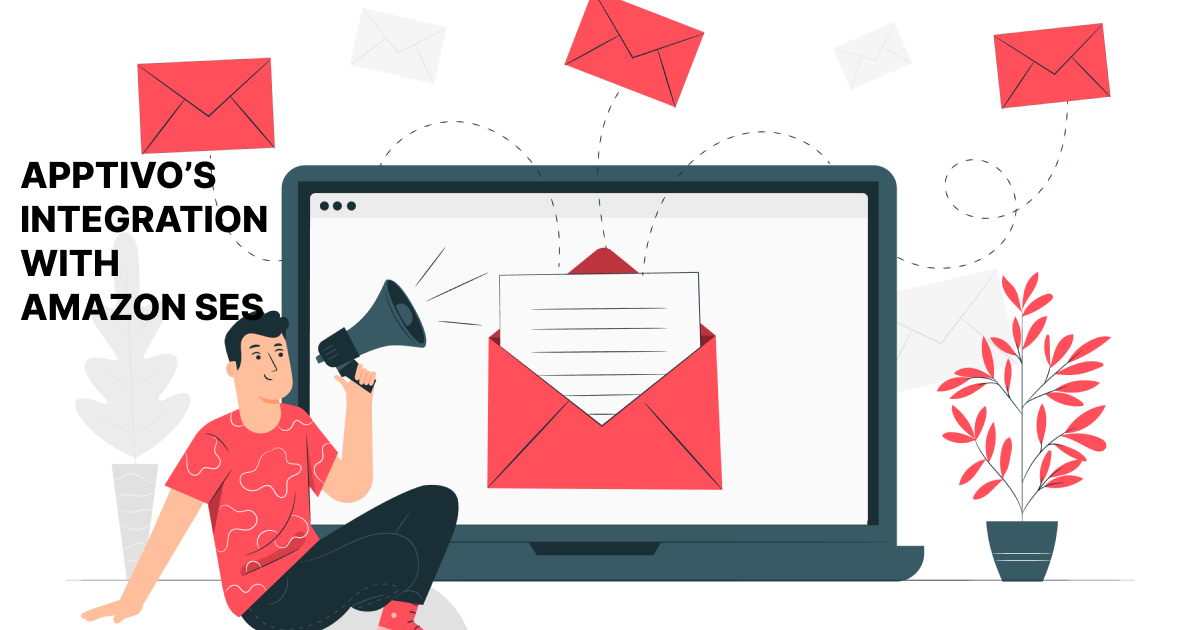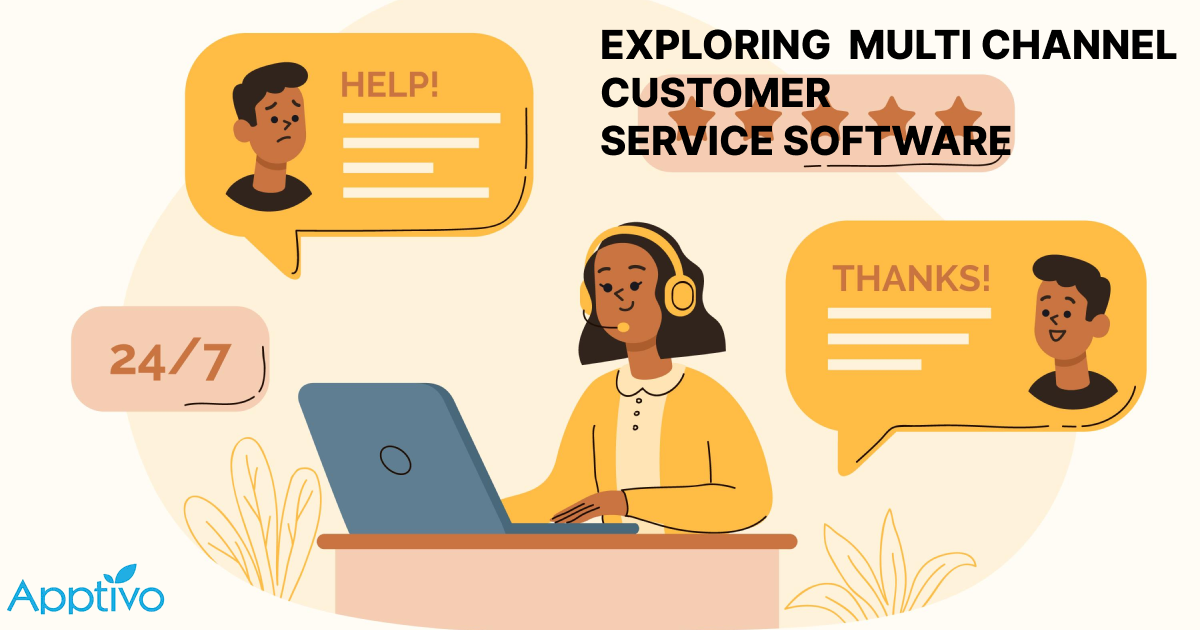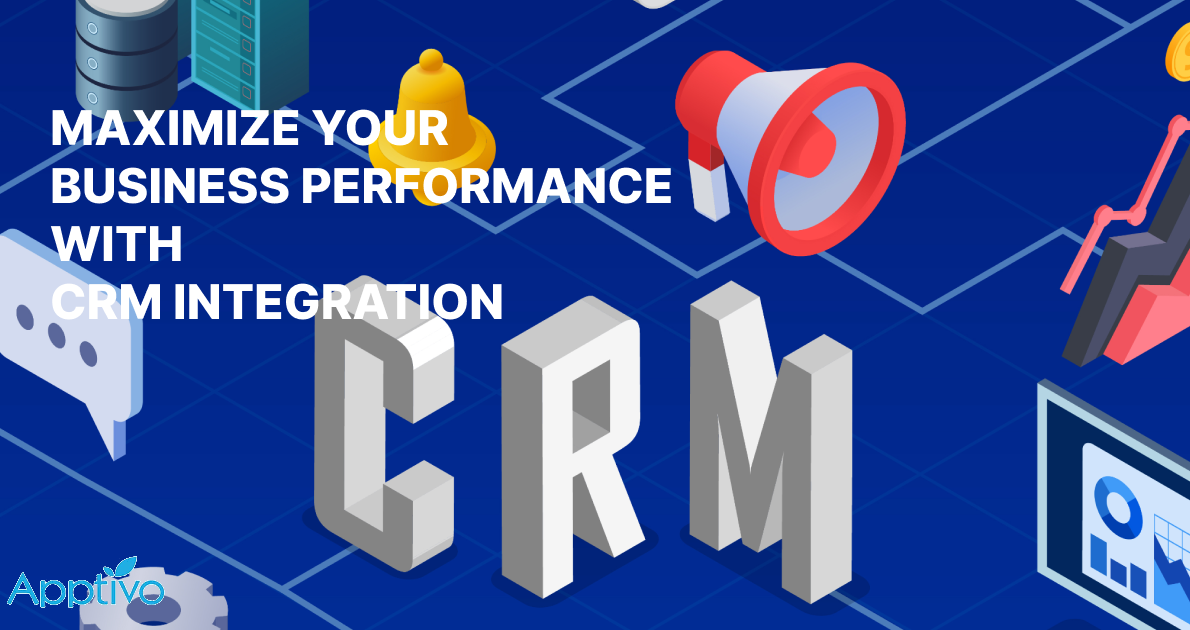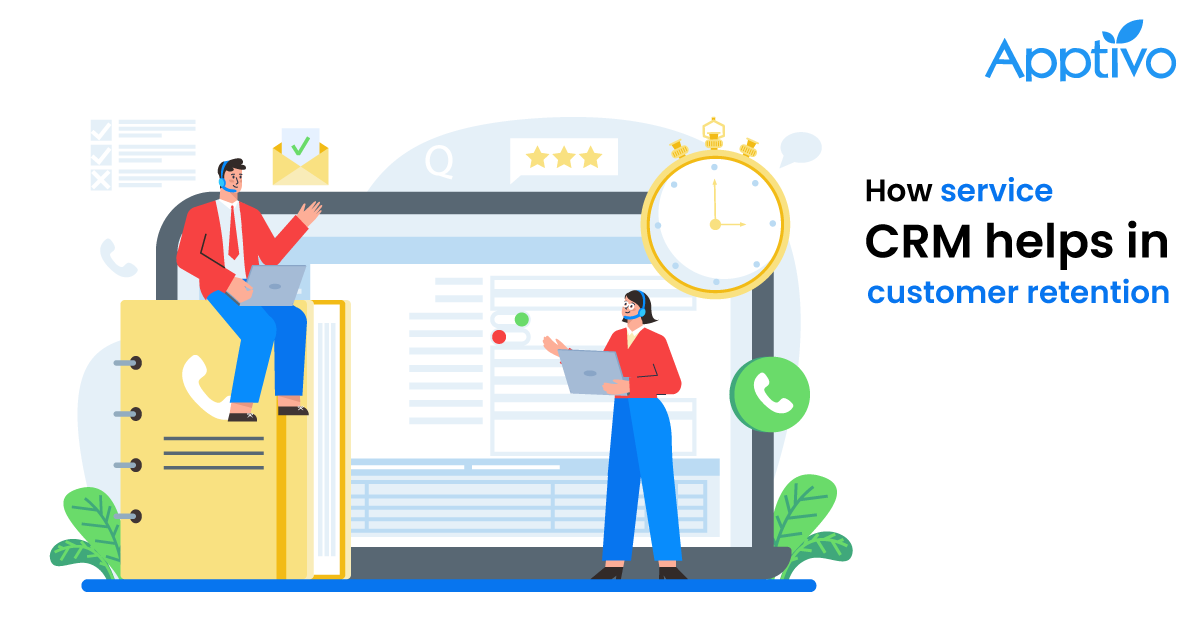SERVICES CRM STAYS CRUCIAL FOR THE GROWTH OF ANY BUSINESS.
That being said, Well do we know how Exactly does it helps?
Businesses realize that it’s essential to draw in prospective customers in order to expand their enterprise and make it viable. Maintaining good relationships with the existing customer base plays a prominent role in customer satisfaction, thereby increasing the percentage of retention rate.
Many businesses have recognized how beneficial it is to have CRM (customer relationship management) software in place to keep track of the most vital client data. This data can then be used to improve products, services, and overall customer satisfaction. Furthermore, the CRM platform enables efficient communication among departments, ensuring that all teams are working towards the same goal of providing excellent customer service.
70% of customers expect a seamless experience across all channels, making CRM systems essential for delivering a consistent customer experience.
What precisely is CRM in the field of customer service?
Customer Relationship Management (CRM) is a strategy, technique, and technology used by organizations to manage and enhance relationships with their consumers. It entails collecting, organizing, and analyzing customer data using specialized tools and processes, allowing businesses to deliver superior customer support.
Companies that use CRM systems have seen a 17% increase in lead conversions, a 16% boost in customer retention, and a 21% improvement in agent productivity (Source: WebFX).
CRM software emphasizes on centralizing and simplifying client-related information, such as contact information, purchase history, preferences, support requests, and interactions across many channels such as phone, email, chat, and social media. CRM systems offer a comprehensive view of each client by integrating the information into a single platform, allowing customer service personnel to deliver tailored and efficient assistance.
In simple words, “Lesser stress, quicker resolution with CRM.”
How does CRM in customer service work?
The CRM ecosystem has all the information from A-Z about your customers. This information can be easily accessed by the service representatives.
Customers may reach out for support by phone, email, web-based forms, chatbots, and social media. Once the customer contacts the support, a ticket is raised. The ticket includes the customer’s information, the root cause of the issue, and suggestions for who the ticket should be directed to.
It may include specifics about the service-level agreement (SLA), which notifies both the salesperson and the client about how long it might take to deal with and resolve the issue.
The different steps used to resolve a problem are structured and automated by a “workflow.” For example, if a consumer wishes to return a defective item, workflows initiate a task in inventory and shipping to swiftly dispatch them a replacement.
Later on, CRM may collect comments regarding their service experience, which improves support quality for all future tickets.
Can we just dig deeper into how CRM guarantees superior customer experience at all possible touchpoints?
Customer experience has a direct impact on the performance of the Organization. “Better customer service” is an emotion every business longs to attain in their journey. With a centralized CRM in place, improving customer services and support is a cakewalk. Listed below are some of the key benefits that services CRM offers to vitalize customer experiences.
Increased responsiveness to customer queries
With collaborative communication within CRM tools, clients will have faster and more convenient access to service at any time, any place, and in every way. Service representatives have complete information about the customer, the order, and the problem, resulting in scalable solutions and workflows that automate routine tasks. Platforms like Apptivo CRM offer excellent mobile apps, where reps can extend their support on the go.
Real time collaboration of data
CRM systems allow for efficient collaboration between teams and departments. With real-time data, sales teams can easily access customer information and provide tailored experiences, while marketing teams can analyze customer behavior and adjust campaigns accordingly. Additionally, real-time data sharing can improve overall customer satisfaction by enabling faster response times to inquiries and issues.
Personalized communication
Businesses can utilize the CRM data to customize their communication to individual clients, providing personalized messages, offers, or recommendations. Such customized service makes clients feel valued and understood, resulting in improved happiness and loyalty.
Prompt and relevant follow-ups
CRM systems allow businesses to set up automated workflows and reminders for follow-ups, such as sending out an email or contacting a client to see if they are satisfied with their purchase. Timely and pertinent follow-ups strengthen bonds with customers, increase positive referrals, and demonstrate that the firm is concerned about the overall experience.
Quicker and effective resolution
CRM systems centralize client information, that includes support tickets and prior interactions. This information enables customer support personnel to resolve issues in the shortest possible time. Reps can deliver personalized solutions, addressing problems more quickly and leaving customers satisfied with the quality of support they’ve received based on the comprehensive view of a customer’s history.
Loyalty programmes and Rewards
Companies may identify and reward their most loyal consumers with CRM data, encouraging them to continue purchasing and engaging with the brand. Loyalty programmes reinforce the emotional link that customers have with the company, resulting in higher customer retention and satisfaction.
Upselling and cross selling opportunities
CRM systems foster tailored marketing and sales initiatives. Businesses may discover possibilities for upselling and cross-selling by looking at client preferences and purchase history. For example, if a consumer buys a specific type of product frequently, the CRM might send tailored suggestions for related goods. Businesses can improve client satisfaction by offering more value while boosting sales income through putting forward relevant suggestions.
Proactive customer service
CRM solutions help businesses to anticipate and respond to clients’ demands. Businesses can discover prospective challenges or opportunities by investigating consumer behavior and patterns. For example, if a customer’s usage of a certain product declines, the CRM may send an alert, allowing the firm to reach out proactively and address concerns or provide solutions. Such a proactive strategy indicates attention to detail and has the potential to reduce client discontent or churn.
Happy customers are the essence of business success.
“Apptivo” is the best customer service software you need to invest in, to accelerate customer experiences and gain happy customers. Apptivo CRM assists in streamlining service operations, fuels up the customer reps efficiency and provides remarkable customer experiences. Apptivo offers easy access over your customers, has actionable insights on the ticket escalations, provides quicker resolution and makes customer experience a bliss.
Latest Blogs

Apptivo's Integration with Amazon SES for Outgoing Email Server
Amazon Simple Email Service (SES) is an email platform that provides an easy, cost-effective way to send and receive email using your email addresses and domains. Apptivo has migrated its email service to Amazon SES (Simple Email Service) to enhance the performance and reliability of our email services
Read more →
EXPLORING MULTI CHANNEL CUSTOMER SUPPORT SOFTWARE
1.What is customer service software? 2
Read more →
Maximize your business performance with seamless CRM Integration
1.What is CRM Integration? 2
Read more →

